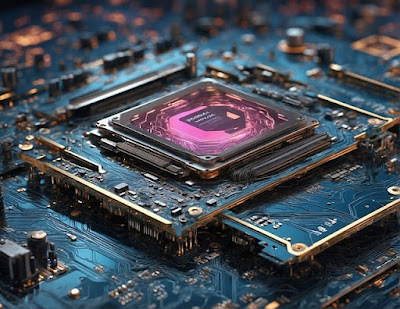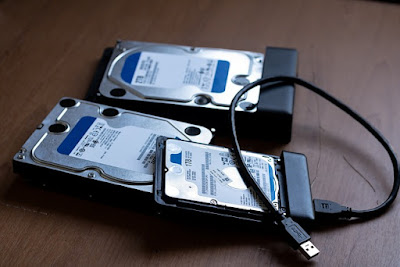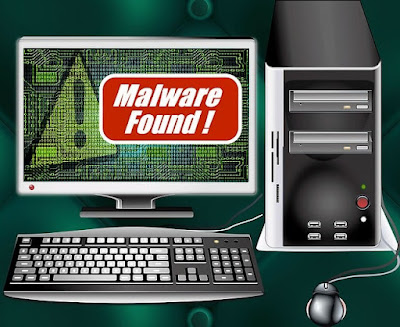- Get link
- Other Apps
- Get link
- Other Apps
In the fast-paced world of technology, few things are as frustrating as a slow computer. Whether you're trying to get work done, browsing the web, or enjoying some entertainment, a sluggish system can adversely affect your productivity and overall experience. Although there are many reasons why your computer may be running slowly, understanding some common causes can help you troubleshoot and improve its performance.
1. Insufficient RAM (Random Access Memory):
RAM is necessary to run programs and processes on your computer. If your system doesn't have enough RAM to handle the tasks you're performing, it can become quite slow as it struggles to allocate resources efficiently. Running multiple programs at once or running memory-intensive applications such as video editors or games can quickly deplete RAM, causing slow performance.
Solution: Consider upgrading your RAM if your computer's specifications allow it. Adding more RAM can significantly increase your system's performance, making it able to handle more tasks simultaneously without slowing down.
2. Overloaded CPU (Central Processing Unit):
The CPU is the brain of your computer, responsible for executing instructions and performing calculations for various tasks. If your CPU is loaded with too many processes or tasks, it can become a bottleneck, causing your system to slow down.
Solution: Monitor your CPU usage using built-in system utilities or third-party software. Identify any processes or applications that are consuming large amounts of CPU resources and consider closing or disabling them if they are no longer necessary. You can also try prioritizing important tasks to ensure they receive adequate CPU resources.
3. Hard Drive Problems:
Traditional hard disk drives (HDDs) can become slow over time, especially if they are nearly full or fragmented. As your hard drive fills up with files and applications, it takes longer for the system to locate and access needed data, slowing down performance.
Solution: Consider upgrading to a solid-state drive (SSD) if your computer is still using a traditional HDD. SSDs provide faster read and write speeds, resulting in improved overall performance and responsiveness. Additionally, regularly defragmenting your hard drive can help optimize file storage and improve access times.
4. Malware and Viruses:
Malware and viruses can significantly affect your computer's performance by consuming system resources, stealing data, or causing other harmful effects. If your computer is infected with malware, you may experience slowdown, crashes, and other unusual behavior.
Solution: Install reputable antivirus software and run regular scans to detect and remove any malware or viruses from your system. Be careful when downloading files or clicking on links from unknown sources, as they may contain malicious software.
5. Outdated Software and Drivers:
Outdated software and drivers can cause compatibility issues and performance issues on your computer. Operating system updates, driver updates, and software patches often include bug fixes, performance improvements, and security enhancements that can help optimize your system.
Solution: Keep your operating system, drivers, and software up to date by installing the latest updates and patches. Many operating systems and software applications offer automatic update features that can simplify this process and ensure that your system remains secure and optimized.
A slow computer can be a frustrating experience, but it is often possible to identify and resolve the underlying causes to improve performance. By understanding the common causes of a slow computer and taking proactive steps to optimize your system, you can enjoy a faster and more efficient computing experience. Whether it's upgrading hardware, managing resources more effectively, or maintaining good security practices, investing time and effort in optimizing your computer can improve productivity and satisfaction.





Comments
Post a Comment